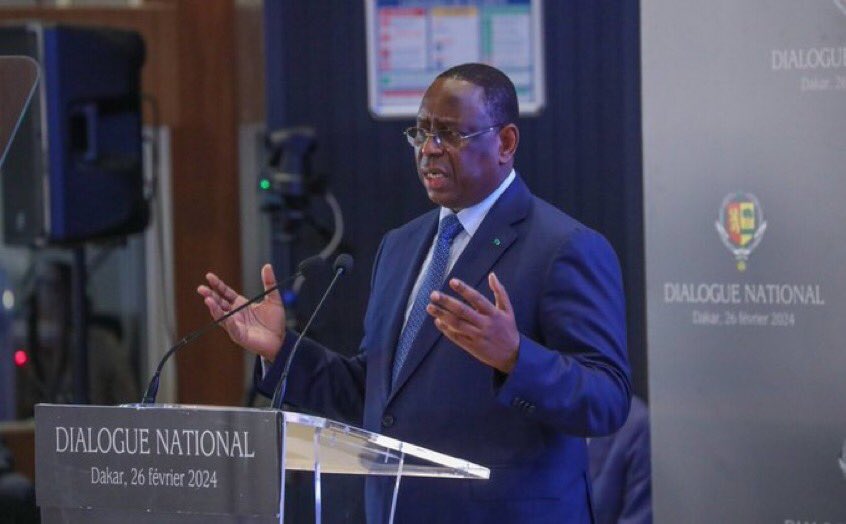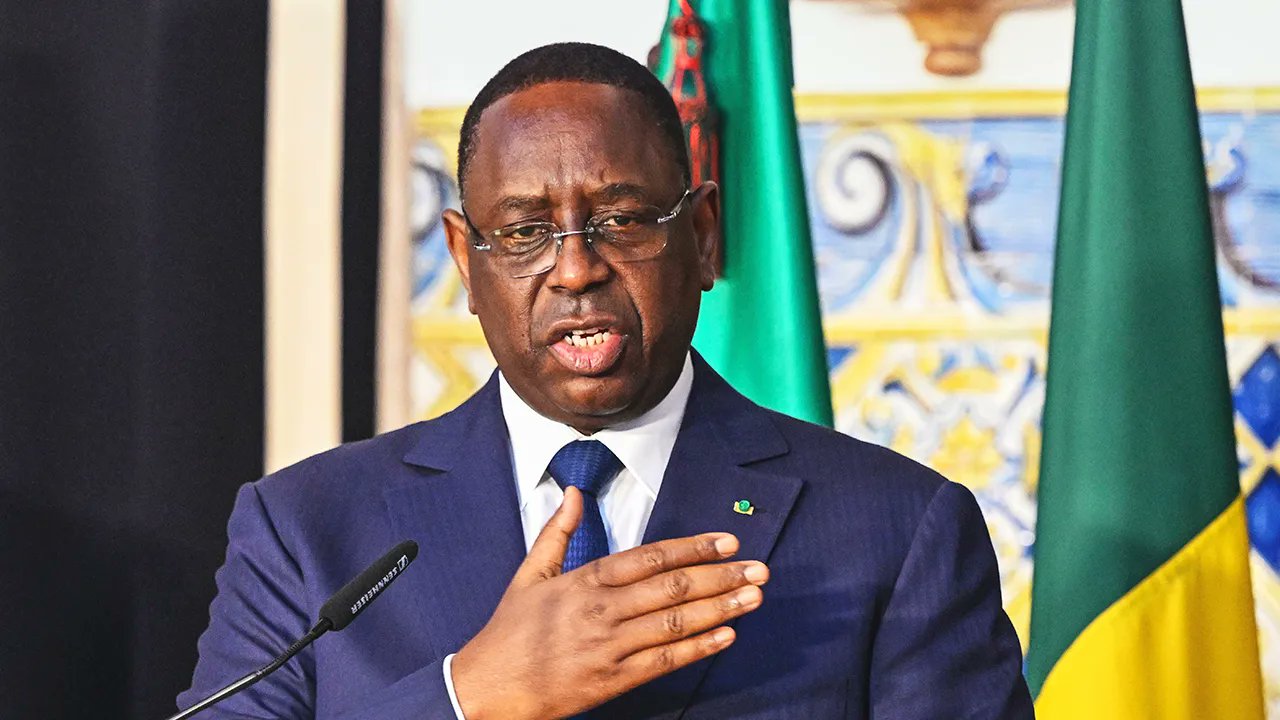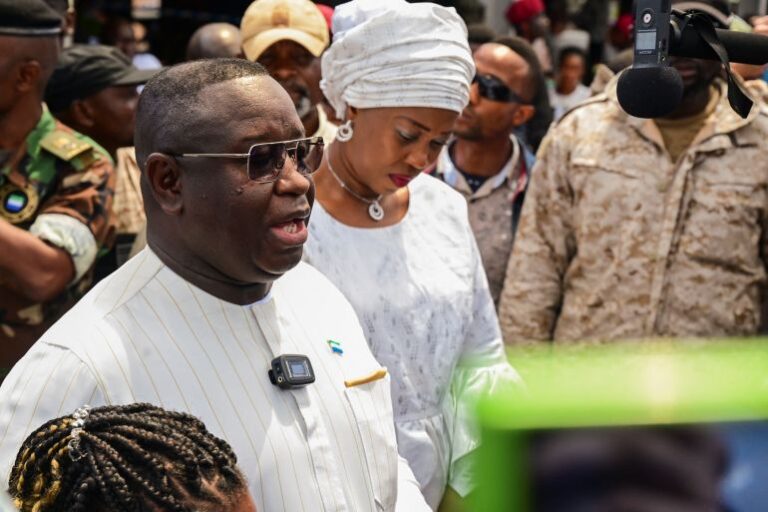Senegal Sets March 24 as New Election Date Amid Political Turmoil
Senegal, a nation typically regarded as a beacon of democratic stability in West Africa, finds itself in the midst of political turmoil as it grapples with the aftermath of a postponed presidential election. After weeks of unrest and protests, President Macky Sall has announced a new date for the crucial vote, setting it for March 24.

The decision to delay the election initially, citing concerns over the final list of candidates, plunged the country into chaos and sparked accusations of a “constitutional coup” by the opposition. President Sall’s proposal to postpone the vote for 10 months was met with widespread opposition, prompting violent protests across the nation.
Senegal’s highest election authority, the Constitutional Council, swiftly rejected Sall’s attempt to delay the election, ruling that it must be held before his term expires on April 2. This ruling underscored the importance of upholding democratic principles and the rule of law in Senegal’s political process.
In response to the Constitutional Council’s decision, President Sall dissolved the government and appointed a new prime minister, Sidiki Kaba, signaling a significant shift in the country’s political landscape. The move was aimed at ensuring a smooth transition leading up to the rescheduled election.
The announcement of the new election date has been met with a mix of relief and skepticism among Senegalese citizens. While many welcome the opportunity to participate in the democratic process and have a say in the country’s future, others remain cautious amid ongoing political unrest and uncertainty.
Despite the government’s efforts to ease tensions with an amnesty law pardoning protesters and opposition members, concerns about accountability for past violence persist. Human Rights Watch has criticized the law, warning that it could lead to impunity for serious crimes committed during the unrest.
As Senegal prepares for what is expected to be a closely watched election in Africa, the country faces a critical moment in its democratic journey. The integrity of the electoral process and the peaceful transition of power will be paramount in maintaining Senegal’s reputation as a stable democracy in the region.








